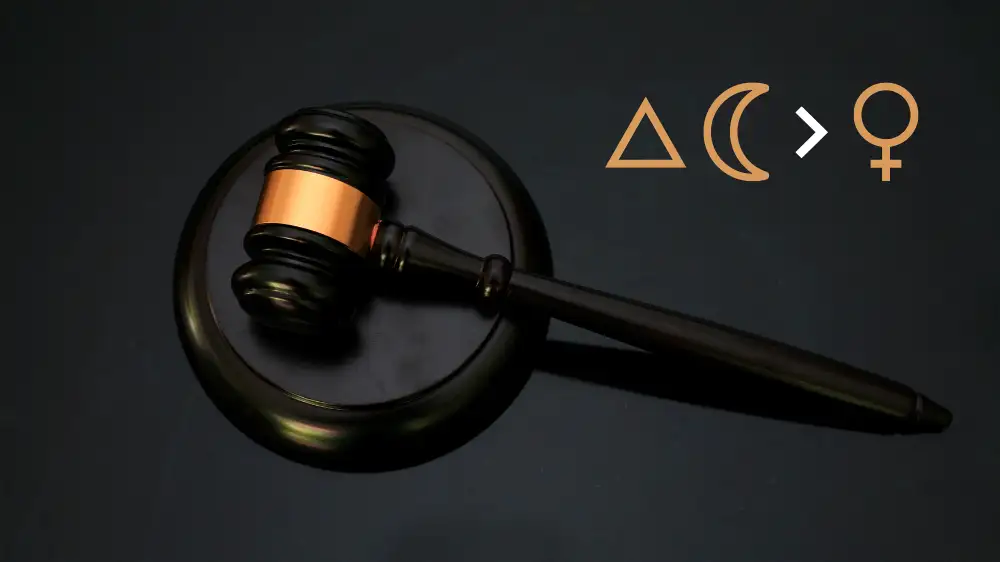A prominent promittors—whether explicitly beneficial or harmful—almost always bring about events. Exceptions occur when there is no suitable solar/lunar configuration in the corresponding year or simply no context for the event.
N.B.: Please note that if the promittor is an aspect or an antiscion rather than the planet itself, we consider both the condition of the aspecting planet and the condition of its copy in the degree of the aspect when assessing the promittor’s ability to act. It includes the celestial and terrestrial state of the planet’s copy.
Insignificant promittors, which neither create nor prohibit the house’s affairs, usually produce nothing. If events do occur during their directions, it is more likely due to chance or the free will of the native, who is not compelled to do anything during these “neutral” periods.
In the promittor-significator pair, the last word always belongs to the promittor. It is the active side in the aspect; it produces the event. At the same time, the significator merely indicates which house the event is related to. It is the passive side in the aspect. You can imagine it as receiving the impulse from the promittor and then forwarding it to the corresponding area of life it represents.
For example, suppose the significator of the favorable 2nd house is in a favorable celestial state. In that case, it effectively redirects promises of wealth from beneficial promittors into the financial sphere. However, if the promittor is “neutral,” not creating or destroying the affairs of the 2nd house, approaching such a promittor will not produce anything. No matter how good the significator is, if the promittor does not produce anything, the significator has nothing to direct into the area of the 2nd house.
The significator can only direct the promises of events into the area of life he is responsible for with varying degrees of effectiveness, but it cannot cancel them. Therefore, if a destructive promittor, portending financial losses, approaches a favorable significator of the 2nd house, the significator will still allow this misfortune to happen, albeit in a softer form than if it were itself debilitated. In the latter case, the effect of financial disruption would be maximal.
So remember, the last word in directions is with the promittor; it promises to create good or bad events in a particular area of life once it reaches a significator of that area.
Initiating & Completing Directions
Often, directions indicate not so much a one-time event as the beginning of a lengthy process. It could be the onset of a prolonged illness that will eventually lead to death or recovery. It could be the beginning of a long-term career growth that starts with a successful project.
At the same time, these prolonged periods can also end through directions. For example, a favorable direction from the promittor, releasing from imprisonment, could end a long period of incarceration. A favorable direction from the promittor of wealth could end a prolonged period of financial hardship.
It does not mean that the absence of a finalizing direction implies eternal financial hardship or eternal illness. For instance, regular self-care will eventually lead to recovery without any direction—it is simply a manifestation of natural laws.
I call directions that initiate lengthy periods initiating directions. You will often encounter them in your practice.


